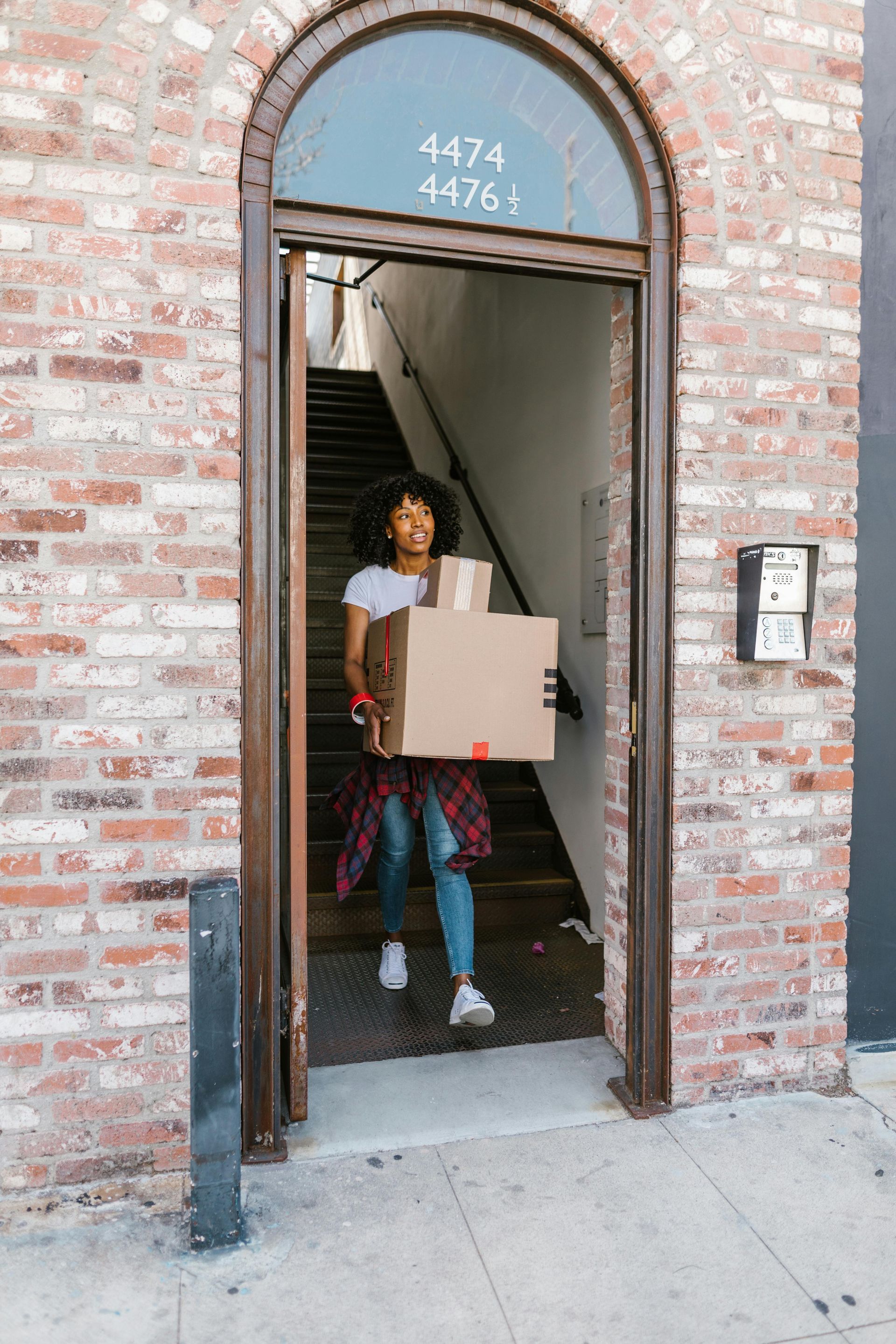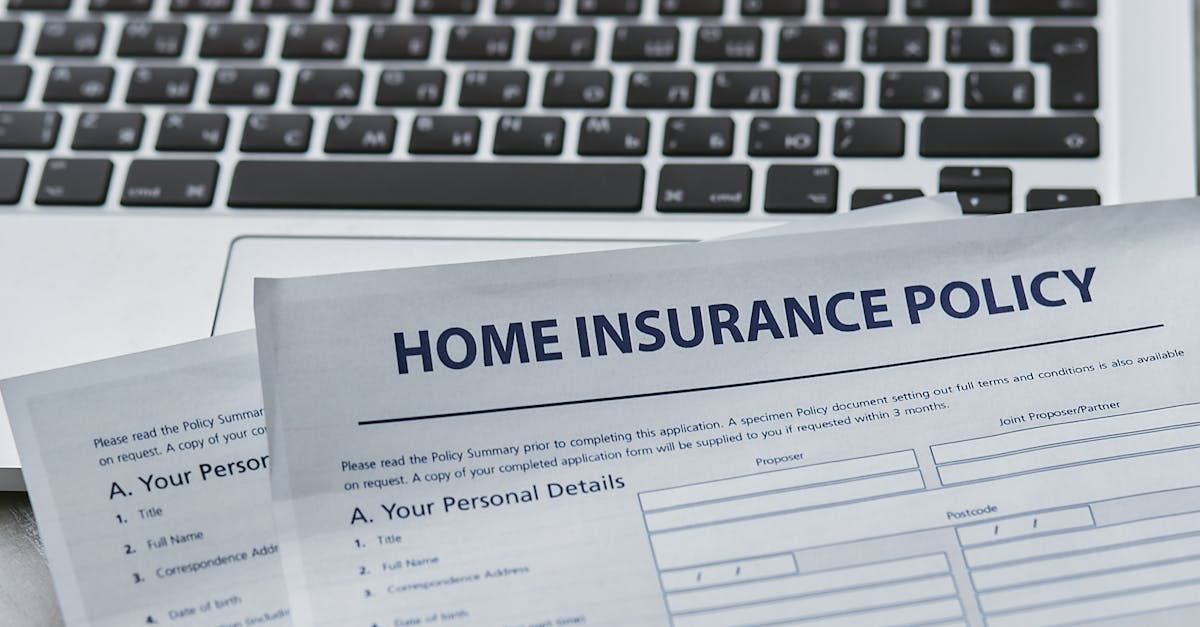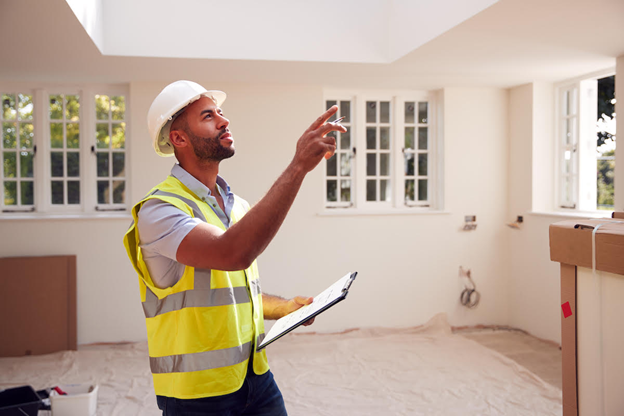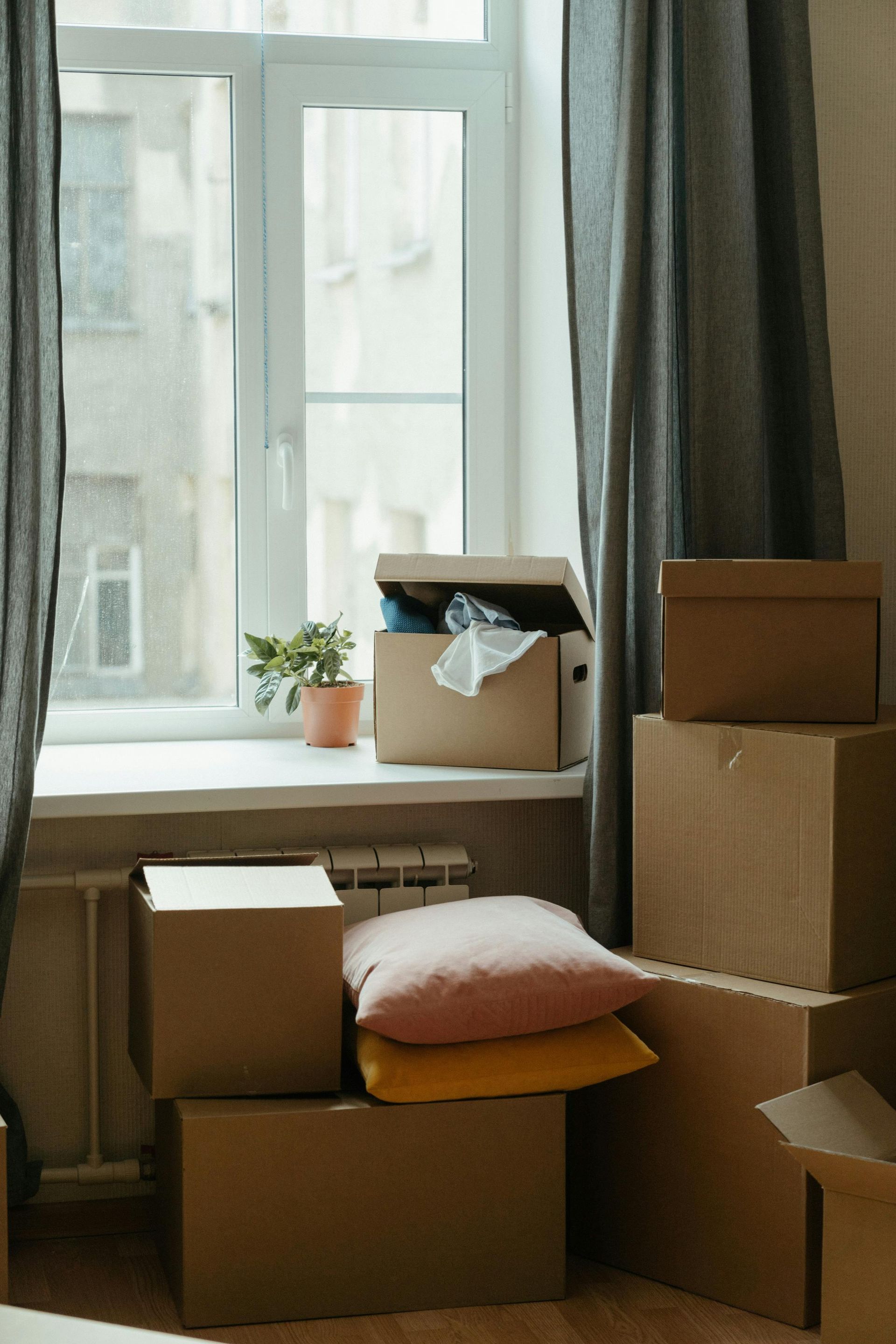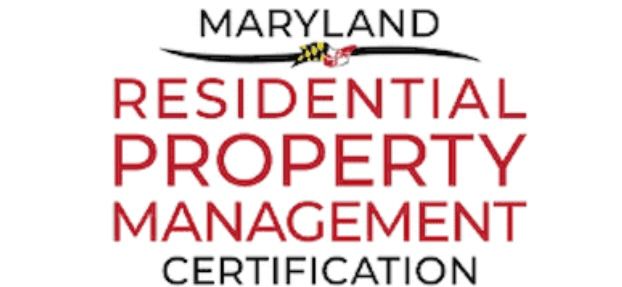Renters: Your Essential Tips
The Basics to Finding the Perfect Rental Home
Renting a home is an exciting step, whether you’re moving to a new city, upgrading to a larger space, or downsizing for simplicity. However, finding the right rental can be challenging without the right strategy. To help you navigate the process, here are some practical tips for finding the best rental home for your needs and lifestyle.
1. Define Your Needs and Budget
Start by outlining your priorities and setting a realistic budget:
- Know What You Need: Consider the number of bedrooms, bathrooms, and any must-have amenities like a yard, parking, or proximity to work or school.
- Set a Budget: Financial experts recommend spending no more than 30% of your monthly income on rent. Don’t forget to factor in utilities, internet, and other costs.
2. Research the Market
Understand the rental market in your desired area:
- Use Online Platforms: Websites like Zillow, Apartments.com, and Craigslist can give you a good sense of what’s average rental prices; however, be sure to confirm rental is still available because such platforms may have a brief lag-time when updating vacancies.
- Check Local Listings: Explore neighborhood-specific options or connect with local real estate agents for exclusive listings.
- Track Trends: If you’re in a competitive market, prepare to act quickly when you find a suitable property.
3. Tour Potential Rentals
Seeing a property in person (or via a virtual tour) is crucial:
- Inspect Thoroughly: Look for signs of wear and tear, check appliances, and ensure all fixtures are in working order.
- Ask Questions: Inquire about maintenance policies, utilities, and any rules (e.g., pet policies or guest restrictions).
- Consider Noise and Privacy: Pay attention to noise levels and how private the property feels, especially in apartments or shared spaces.
4. Evaluate the Location
The right neighborhood can make a huge difference in your rental experience:
- Proximity to Essentials: Check the distance to locations like grocery stores, public transportation, schools, and your workplace.
- Safety: Research crime rates and visit the area at different times of the day to get a feel for safety and activity levels.
- Community Vibe: Think about whether you prefer a quiet suburban street or a bustling urban area.
5. Understand the Lease Agreement
Read your lease carefully before signing:
- Review Terms: Pay close attention to the lease length, rent due dates, security deposit requirements, and penalties for breaking the lease.
- Check for Additional Fees: Look for charges like pet fees, parking fees, or maintenance fees.
- Clarify Rules: Ensure you understand policies around modifications, subleasing, and repairs.
6. Work with a Realtor or Rental Agent
A professional can save you time and effort:
- Local Expertise: Agents often have access to properties that aren’t listed online.
- Negotiation Help: They can assist in negotiating terms, especially in competitive markets.
7. Consider Roommates Carefully
If you’re renting with others, ensure compatibility:
- Align on Finances: Make sure all roommates can reliably contribute to rent and utilities.
- Establish Ground Rules: Discuss household expectations like cleaning schedules and shared expenses upfront.
8. Negotiate When Possible
Don’t be afraid to discuss terms with landlords:
- Lower Rent: If the rental has been vacant for a while or you’re willing to sign a longer lease, you may have room to negotiate.
- Request Upgrades: Ask for minor improvements, like fresh paint or updated appliances, before signing the lease.
9. Protect Yourself
Safeguard your rental experience:
- Document the Condition: Take photos of the property before moving in to avoid disputes about damage.
- Get Renters Insurance: Protect your belongings from theft or damage for a small monthly cost.
- Verify the Landlord: Ensure the person renting to you is legitimate to avoid scams.
10. Trust Your Instincts
If something feels off about a property, landlord, or lease, don’t hesitate to walk away. Finding the right rental may take time, but it’s worth holding out for a place that feels like home.
Takeaway:
Finding the best rental home is about balancing practicality with personal preferences. By staying organized, doing your research, and keeping your priorities in mind, you can find a place that suits your needs and feels like home.
Happy house hunting!
